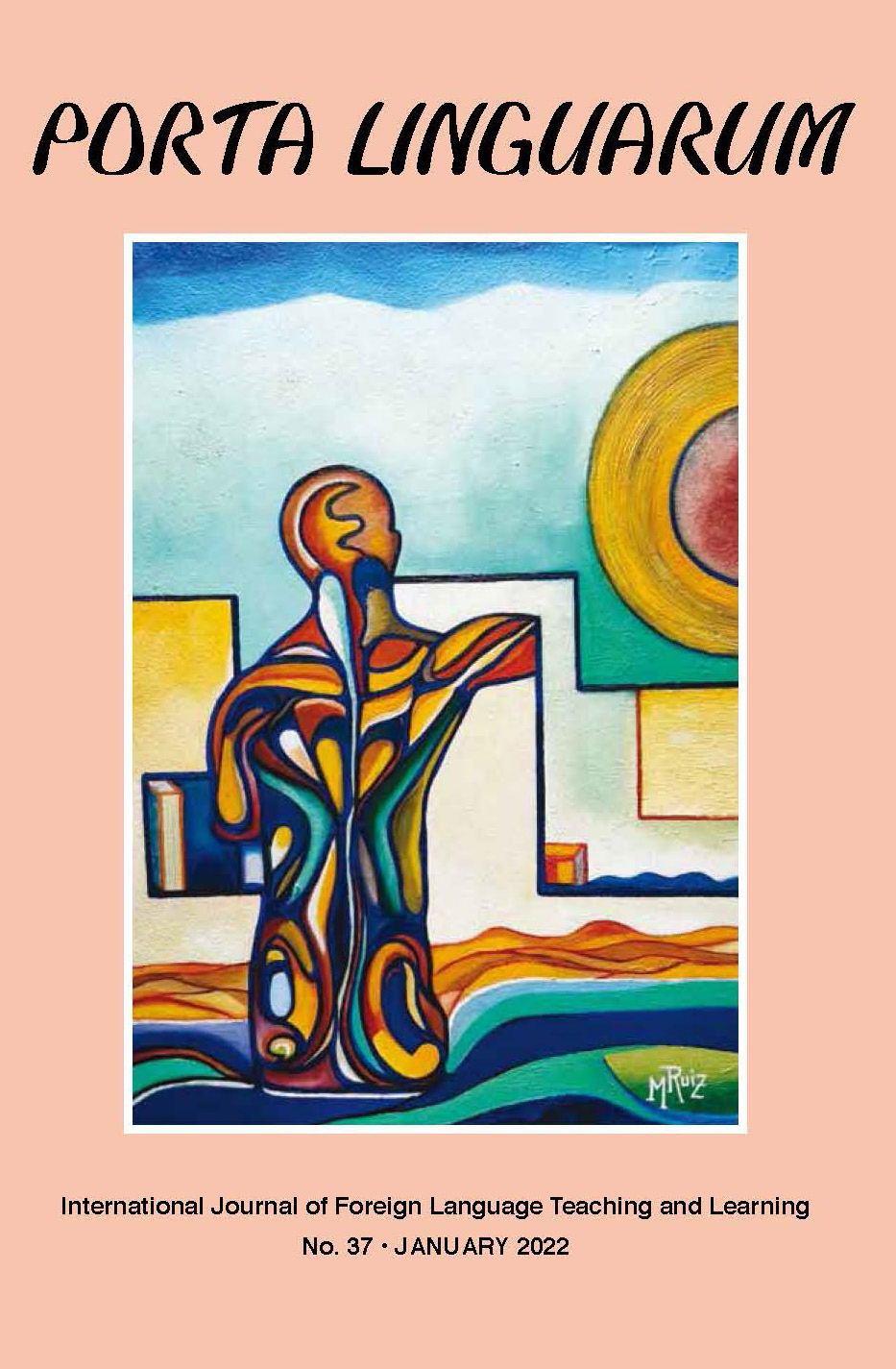Unveiling American values using sitcoms
DOI:
https://doi.org/10.30827/portalin.vi37.21093Keywords:
Cultural learning, intercultural competence, television, ELT, situation comediesAbstract
The international status of English has contributed to the development of ways to teach the language from an intercultural perspective. In this context, successful cross-cultural communication requires not only the mastery of language skills, but also the development of knowledge, skills and attitudes, as learners will have to interact appropriately with people from different linguistic and cultural backgrounds. In the classroom, teachers tend to rely on textbooks for the introduction of cultural content. This generally means that the teaching of culture is based on the transmission of facts about the target language and that only external aspects of culture are covered. This paper addresses the use of television as an additional tool to reinforce and enhance cultural learning in the EFL classroom. Specifically, this work suggests that situation comedies can be used to identify the cultural values that underlie external behaviors. Thus, after reviewing the theoretical background and the defining features of American culture, we will present a teaching proposal aimed at the tertiary level in which we use the sitcom Superstore to raise students’ cultural awareness.



















